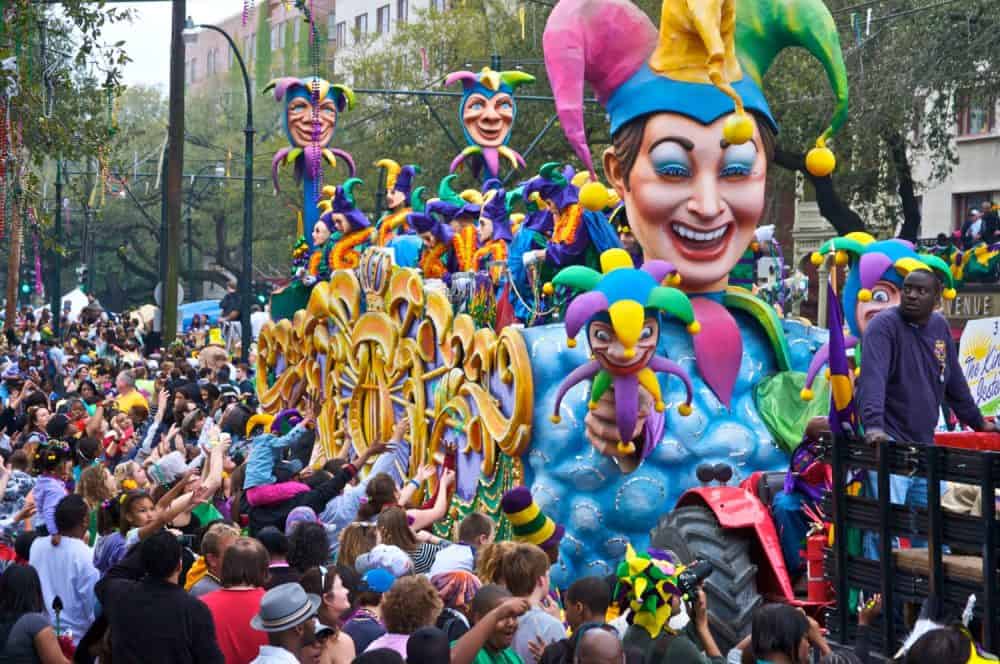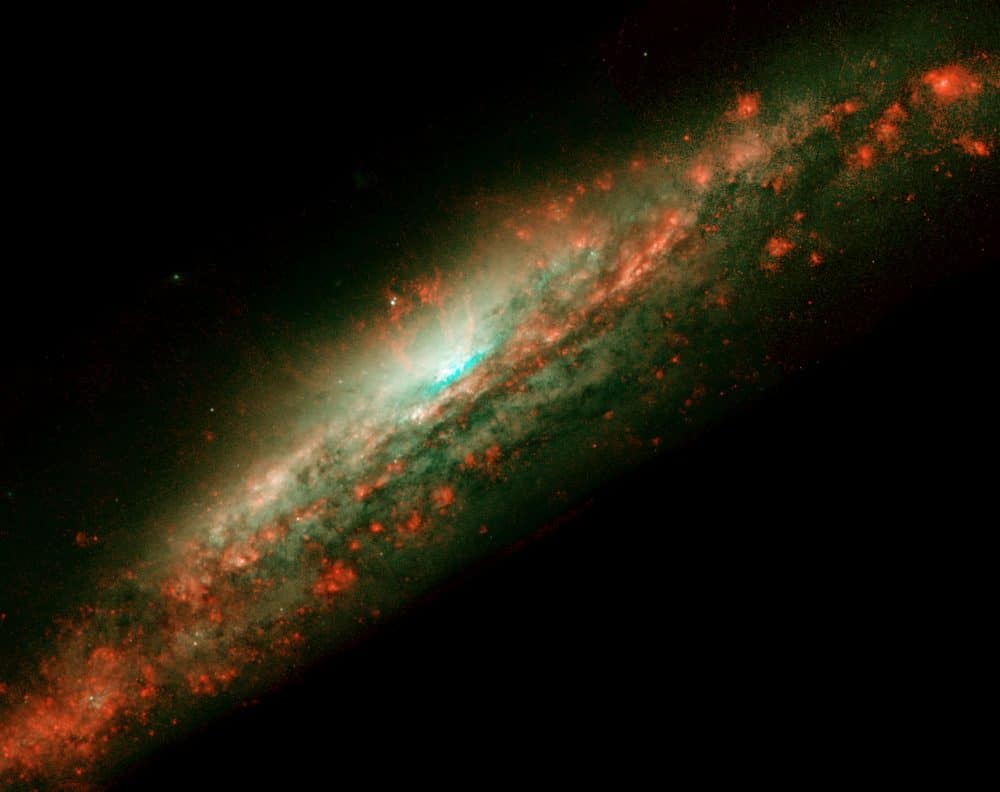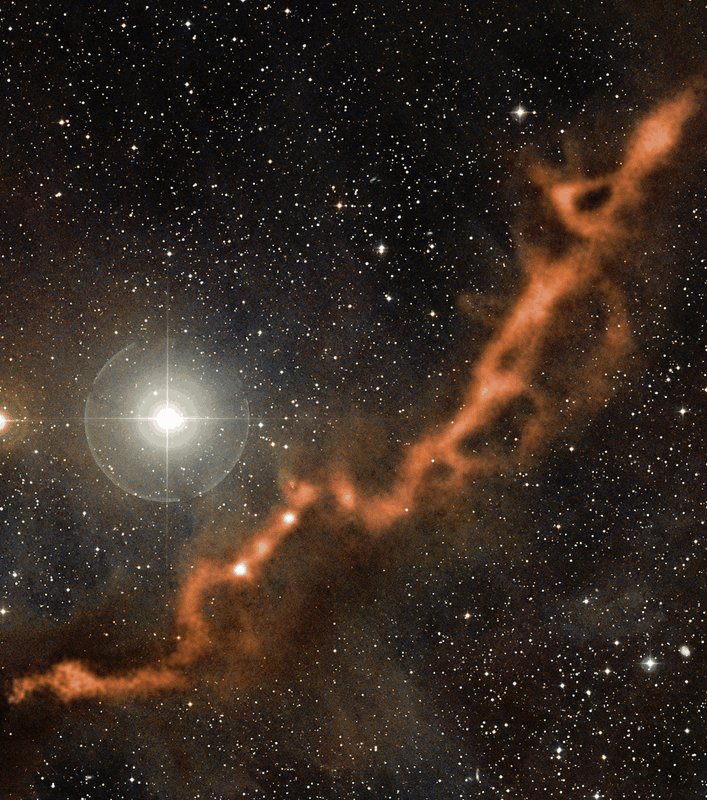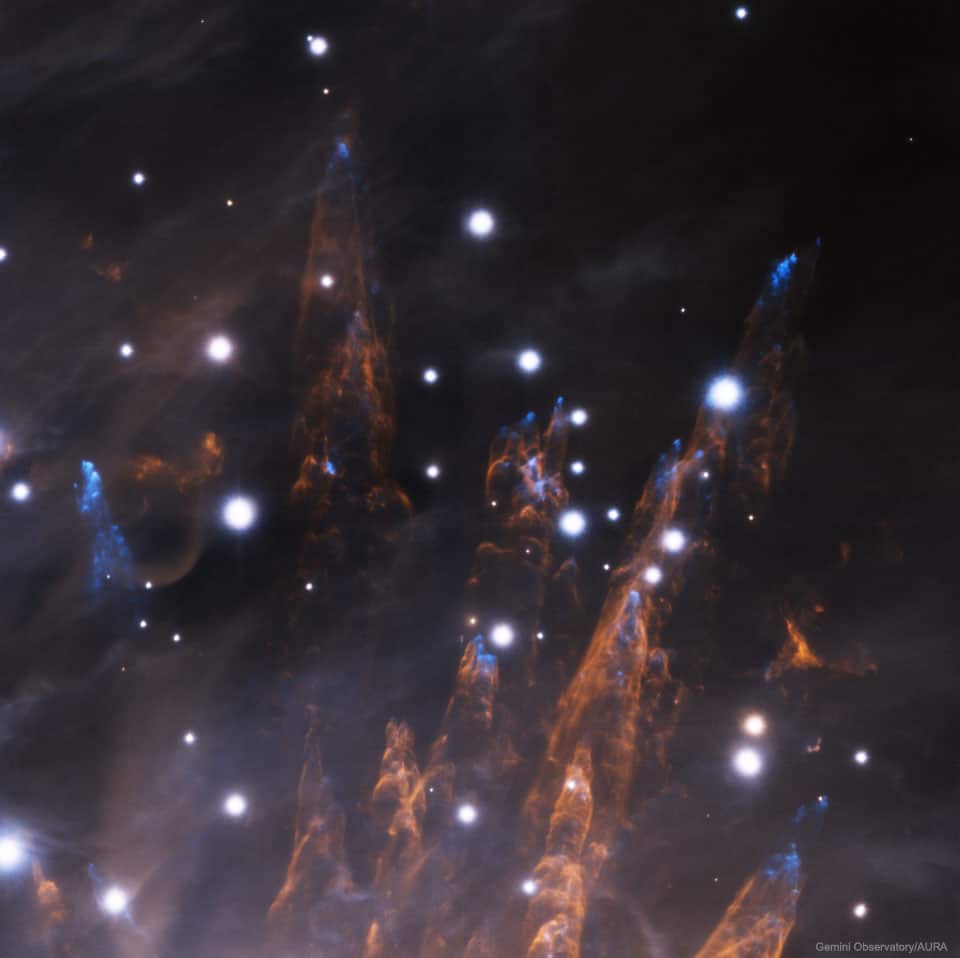Blog
John Leslie “Wes” Montgomery (March 6, 1923 – June 15, 1968) was an American jazz guitarist. Montgomery was known for an unusual technique of plucking the strings with the side of his thumb which granted him a distinctive sound. He often worked with his brothers Buddy and Monk and with organist Jimmy Smith. Montgomery’s recordings up to 1965 were oriented towards hard bop, soul jazz, and post bop, but around 1965 he began recording more pop-oriented instrumental albums that found mainstream success. His later guitar style influenced jazz fusion and smooth jazz.
His grandson is actor Anthony Montgomery, who was Travis Mayweather on Star Trek: Enterprise.
Montgomery was born in Indianapolis, Indiana. According to NPR, the nickname “Wes” was a child’s abbreviation of his middle name, Leslie.
Montgomery spent two years with the Hampton band. Fear kept him from flying with the rest of the band, so he drove from city to city, town to town, while musicians marveled at his stamina. When arriving at a club, the first thing he did was call home to his wife and family. He was given the opportunity to play with Charles Mingus, Milt Buckner, and Fats Navarro, but not the opportunity he hoped for, and he returned to Indianapolis a better player, though tired and discouraged. He resumed performing at local clubs, this time with the Eddie Higgins Trio and the Roger Jones Quintet, playing with Eddie Higgins, Walter Perkins, and Leroy Vinnegar. He joined his brothers Buddy and Monk and vibraphonist Alonzo “Pookie” Johnson in the Johnson/Montgomery Quintet, somewhat in the style of George Shearing. The band auditioned for Arthur Godfrey and recorded sessions with Quincy Jones. After a residency at a club from 1955 to 1957, Montgomery and his brothers went west.
more...Howard McGhee (March 6, 1918 – July 17, 1987) was one of the first bebop jazz trumpeters, with Dizzy Gillespie, Fats Navarro and Idrees Sulieman. He was known for his fast fingers and very high notes. What is generally not known is the influence that he had on younger hard bop trumpeters, with Fats Navarro.
In 1946–47, some record sessions for the new label Dial were organized at Hollywood with Charlie Parker and the Howard McGhee combo. The first was held on July 29, 1946. The musicians were Charlie Parker, Howard McGhee, Jimmy Bunn , Bob Kesterson, and Roy Porter. With Parker close to a nervous breakdown, he played “Max is Making Wax”, “Lover Man“, and “The Gypsy”
more...https://www.youtube.com/watch?v=uzYXIhY8QnU
more...Fat Tuesday with BEAU KOO JACKS Mardi Gras Band
Neumanns 7-11pm
with Van Nixon, Jamie Carter, Todd Matheson, Paul Strickland, Larry McCabe, Art Haynes, Lars-Erick Carlson and Bamboula laBriola. Gettin funky, wild & crazy for the annual celebration.
NGC 3079 is a barred spiral galaxy about 50 million light-years away, and located in the constellation Ursa Major. A prominent feature of this galaxy is the “bubble” forming in the very center (see picture below). The Supermassive black hole at the core has a mass of 2.4+2.4
−1.2×106 M☉.
An original member of Herb Alpert’s Tijuana Brass, Bob worked and recorded with artists such as Harry James, Benny Goodman, Dizzy Gillespie, Shelly Manne, Terry Gibbs, Gerald Wilson and others from 1953-1983. He also worked extensively as a studio musician on numerous scoring sessions for film and television productions. As a young musician Edmondson began his career on trombone in Phil Moore’s marching band, playing in off shoot ensembles such as his German band and dance band. Well it was the 50’s.
In 1952 Edmondson and Herb Alpert met as high school musicians. In 1962, following the release of the single of The Lonely Bull, Alpert and his partner Jerry Moss formed a record label, using the initials of their last names. A&M Records was born. Bob initially worked with the TJB when they appeared in public for the first time at The Crescendo in Los Angeles in 1963. He then recorded with The Tijuana Brass on South of the Border and on all subsequent albums and helped organize what became the performing group.
After the Whipped Cream album, the success of the Tijuana Brass would snowball to the point where the group would place a record-breaking five albums in the top twenty and would be the fourth largest album selling artist of the sixties, behind only Elvis, The Beatles and Sinatra.
Louis A. “Lou” Levy (March 5, 1928 – January 23, 2001) was an American jazz pianist.
Levy was born to Jewish parents in Chicago and started playing piano when he was twelve. His chief influences were Art Tatum and Bud Powell.
A professional at age nineteen, Levy played with Georgie Auld (1947 and later), Sarah Vaughan, Chubby Jackson (1947–1948), Boyd Raeburn, Woody Herman’s Second Herd (1948–1950), Tommy Dorsey (1950) and Flip Phillips. Levy left music for a few years in the early fifties and then returned to gain a strong reputation as an accompanist to singers, working with Peggy Lee(1955–1973), Ella Fitzgerald (1957–1962), June Christy, Anita O’Day and Pinky Winters. Levy also played with Dizzy Gillespie, Shorty Rogers, Stan Getz, Terry Gibbs, Benny Goodman, Supersax and most of the major West Coast players. Levy recorded as a leader for Nocturne (1954), RCA, Jubilee, Philips, Interplay (1977), and Verve.
Levy died of a heart attack in Dana Point, California at the age of 72.
more...The Taurus Molecular Cloud is a molecular cloud in the constellations Taurus and Auriga. This cloud hosts a stellar nursery containing hundreds of newly formed stars. The Taurus Molecular Cloud is only 140 pc (430 ly) away from earth, making it the nearest large star formation region. It also reveals characteristics that make it ideal for detailed physical studies. It has been important in star formation studies at all wavelengths. The cloud is notable for containing many complex molecules, including cyanopolyynes HCnN for n=3,5,7,9. The dusty band seen in this section of the Taurus Molecular Cloud partially hides several newly born stars as well as the dense gas clouds on the verge of collapsing into new suns. This segment of the cloud spans about 10 light-years.
more...Jan Garbarek (born 4 March 1947) is a Norwegian jazz saxophonist who is also active in classical music and world music.
Garbarek was born in Mysen, Norway, the only child of a former Polish prisoner of war, Czesław Garbarek, and a Norwegian farmer’s daughter. He grew up in Oslo, stateless until the age of seven, as there was no automatic grant of citizenship in Norway at the time. When he was 21, he married Vigdis. He is the father of musician and composer Anja Garbarek. Garbarek’s sound is one of the hallmarks of the ECM Records label, which has released virtually all of his recordings. His style incorporates a sharp-edged tone, long, keening, sustained notes, and generous use of silence. He began his recording career in the late 1960s, notably featuring on recordings by the American jazz composer George Russell (such as Electronic Sonata for Souls Loved by Nature). If he had initially appeared as a devotee of Albert Ayler and Peter Brötzmann, by 1973 he had turned his back on the harsh dissonances of avant-garde jazz, retaining only his tone from his previous approach. Garbarek gained wider recognition through his work with pianist Keith Jarrett‘s European Quartet which released the albums Belonging (1974), My Song (1977) and the live recordings Personal Mountains (1979), and Nude Ants (1979). He was also a featured soloist on Jarrett’s orchestral works Luminessence(1974) and Arbour Zena (1975).
Bobby Shew (born March 4, 1941 Albuquerque, New Mexico) is an American jazz trumpet and flugelhorn player.
After leaving college in 1960, Shew was drafted into the U.S. Army and played trumpet with the NORAD band in Colorado Springs and on tour. After leaving the Army, Shew joined Tommy Dorsey‘s band and then played with the Woody Herman and then the Buddy Rich big bands in the mid- to late 1960s. In 1972 Shew moved from Las Vegas to Los Angeles where he did much studio work as well as play with some of the top big bands of the era through the end of the 1970s: Akiyoshi/Tabackin, Bellson, Ferguson, and others. In addition to playing on several notable big band recordings starting in the 1960s, Shew recorded several albums as leader, starting with Telepathy in 1978.
Shew has mentored jazz musicians in New Mexico, and has led the Albuquerque Jazz Orchestra. He has taught a two-week workshop for high school students at the Skidmore Summer Jazz Institute in Saratoga Springs, New York, Shew also performs and teaches worldwide, including a two-week residency at the Graz University of Music in Austria in 2017. He has taught at leading European music schools in Austria, Germany, the Netherlands, and Switzerland, and also in Canada.
more...Zenzile Miriam Makeba (4 March 1932 – 9 November 2008), nicknamed Mama Africa, was a South African singer, songwriter, actress, United Nations goodwill ambassador, and civil-rightsactivist. Associated with musical genres including Afropop, jazz, and world music, she was an advocate against apartheid and white-minority government in South Africa.
Born in Johannesburg to Swazi and Xhosa parents, Makeba was forced to find employment as a child after the death of her father. She had a brief and allegedly abusive first marriage at the age of 17, gave birth to her only child in 1950, and survived breast cancer. Her vocal talent had been recognized when she was a child, and she began singing professionally in the 1950s, with the Cuban Brothers, the Manhattan Brothers, and an all-woman group, the Skylarks, performing a mixture of jazz, traditional African melodies, and Western popular music. In 1959, Makeba had a brief role in the anti-apartheid film Come Back, Africa, which brought her international attention, and led to her performing in Venice, London, and New York City. In London, she met the American singer Harry Belafonte, who became a mentor and colleague. She moved to New York City, where she became immediately popular, and recorded her first solo album in 1960. Her attempt to return to South Africa that year for her mother’s funeral was prevented by the country’s government.
Makeba’s career flourished in the United States, and she released several albums and songs, her most popular being “Pata Pata” (1967). Along with Belafonte she received a Grammy Award for her 1965 album An Evening with Belafonte/Makeba. She testified against the South African government at the United Nations and became involved in the civil rights movement. She married Stokely Carmichael, a leader of the Black Panther Party, in 1968. As a result, she lost support among white Americans and faced hostility from the US government, leading her and Carmichael to move to Guinea. She continued to perform, mostly in African countries, including at several independence celebrations. She began to write and perform music more explicitly critical of apartheid; the 1977 song “Soweto Blues“, written by her former husband Hugh Masekela, was about the Soweto uprising. After apartheid was dismantled in 1990, Makeba returned to South Africa. She continued recording and performing, including a 1991 album with Nina Simone and Dizzy Gillespie, and appeared in the 1992 film Sarafina!. She was named a UN goodwill ambassador in 1999, and campaigned for humanitarian causes. She died of a heart attack during a 2008 concert in Italy.
Makeba was among the first African musicians to receive worldwide recognition. She brought African music to a Western audience, and popularized the world music and Afropop genres. She also made popular several songs critical of apartheid, and became a symbol of opposition to the system, particularly after her right to return was revoked. Upon her death, former South African President Nelson Mandela said that “her music inspired a powerful sense of hope in all of us.”
more...Why are bullets of gas shooting out of the Orion Nebula? Nobody is yet sure. First discovered in 1983, each bullet is actually about the size of our Solar System, and moving at about 400 km/sec from a central source dubbed IRc2. The age of the bullets, which can be found from their speed and distance from IRc2, is very young — typically less than 1,000 years. As the bullets expand out the top of the Kleinmann-Lowsection of the Orion Nebula, a small percentage of iron gas causes the tip of each bullet to glow blue, while each bullet leaves a tubular pillar that glows by the light of heated hydrogen gas. The detailed image was created using the 8.1 meter Gemini South telescope in Chile with an adaptive optics system (GeMS). GeMS uses five laser generated guide stars to help compensate for the blurring effects of planet Earth’s atmosphere.
more...James Emory Garrison (March 3, 1934 – April 7, 1976) was an American jazz double bassist. He is best remembered for his association with John Coltrane from 1961 to 1967.
He formally joined Coltrane’s quartet in 1962, replacing Workman. The long trio blues “Chasin’ the Trane” is probably his first recorded performance with Coltrane and Elvin Jones. Garrison performed on many classic Coltrane recordings, including A Love Supreme. In concert with Coltrane, Garrison would often play unaccompanied improvised solos, sometimes as the prelude to a song before the other musicians joined in. After Coltrane’s death, Garrison worked and recorded with Hampton Hawes, Archie Shepp, Clifford Thornton and groups led by Elvin Jones.
Garrison also had a long association with Ornette Coleman, first recording with him on Ornette on Tenor and appeared on the outtake compilation Art of the Improvisers. He and drummer Elvin Jones have been credited with eliciting more forceful playing than usual from Coleman on the albums New York is Now and Love Call.
In 1971 and 1972, Garrison taught as a Visiting Artist at Wesleyan University and Bennington College.
more...John Smith Hurt (possibly March 3, 1892 – November 2, 1966), better known as Mississippi John Hurt, was an American country blues singer and guitarist.
Raised in Avalon, Mississippi, Hurt taught himself to play the guitar around the age of nine. He worked as a sharecropper and began playing at dances and parties, singing to a melodious fingerpicked accompaniment. His first recordings, made for Okeh Records in 1928, were commercial failures, and he continued to work as a farmer.
Dick Spottswood and Tom Hoskins, a blues enthusiast, located Hurt in 1963 and persuaded him to move to Washington, D.C. He was recorded by the Library of Congress in 1964. This helped further the American folk music revival, which led to the rediscovery of many other bluesmen of Hurt’s era. Hurt performed on the university and coffeehouse concert circuit with other Delta blues musicians who were brought out of retirement. He also recorded several albums for Vanguard Records.
Hurt returned to Mississippi, where he died, in Grenada, a year later.
Material recorded by him has been re-released by many record labels. His songs have been recorded by Bob Dylan, Dave Van Ronk, Jerry Garcia, Beck, Doc Watson, John McCutcheon, Taj Mahal, Bruce Cockburn, David Johansen, Bill Morrissey, Gillian Welch, Josh Ritter, Chris Smither, Guthrie Thomas, Parsonsfield, and Rory Block.
Hurt was born in Teoc, Carroll County, Mississippi, and raised in Avalon, Mississippi. He taught himself to play guitar at the age of nine, stealthily playing the guitar of a friend of his mother’s, who often stayed at the Hurt home while courting a woman who lived nearby. As a youth he played old-time music for friends and at dances. He worked as a farmhand and sharecropper into the 1920s.
more...Ivory Coast
more...More Posts
- SUPPORT UKRAINE Kalush Orchestra
- Daily Roots Yabby You
- Happy Birthday Hendrix 5-18-22
- Cosmos Flower Moon
- Butch Tavares
- Kai Winding
- Big Joe Turner
- Meredith Wilson
- FREE UKRAINE Trio Mandili
- Daily Roots Exodus
- Cosmos NGC 1316
- Bill Buford
- Taj Mahal
- Jackie McLean
- Dewey Redman
- SUPPORT UKRAINE Arkan
- Daily Roots with Ghetto Connection
- Cosmos NGC 2174
- Fred Frith
- Billy Cobham



